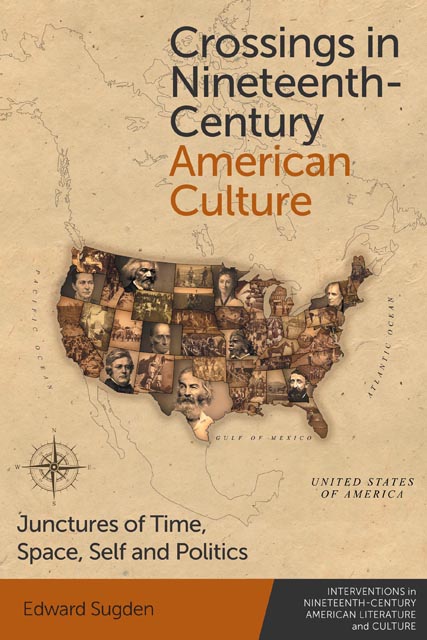5 - Philippines/United States: David Fagen Defects to the Filipino Army, 1899
Published online by Cambridge University Press: 26 November 2022
Summary
In April 1905, a story entitled ‘Fagan’ appeared in Collier's Weekly. Prominently advertised on the front cover, the piece had won first prize in a short story competition, besting the work of established authors like Edith Wharton and John Luther Long. In the process, it brought the unheralded writer Rowland Thomas a whopping $5,000 (approximately $145,000, at a 3 per cent inflation rate, in today's currency), as well as the remarkable, if now forgotten, sobriquet ‘the American Kipling’ (Thomas 1909a). ‘Fagan’ was based on the life of a real historical figure: David Fagen, an African American soldier who defected from the United States Army during the Philippine-American War (1899–1902). Originally from Tampa, Florida, and witness to Southern Jim Crow segregation and racist violence, Fagen became a formidable guerrilla leader of Filipino troops whose name, according to recent biographer Michael Morey, became ‘virtually a household word in America, particularly among African Americans’ (Morey 2019: 3).
If the real Fagen posed a significant problem to the US military, his fictional counterpart in Thomas's prize-winning tale is that of an infantilised, tragicomic figure – a gentle ‘black giant’, mishandled by his Northern white superiors (Fagen's actual commanding officer, Lt James A. Moss, was, in fact, from Louisiana) who lacks any political consciousness (Thomas 1905: 21). The narrator describes him as a ‘good-natured, childlike’ being, while white officers from the South wistfully designate him ‘a n***** like we had before the war’ (Thomas 1905: 20, 17). A caricature of primitivity, Thomas's protagonist soon attains widespread notoriety among the American soldiers as ‘Wild Fagan’ because he swings his rifle as a club rather than firing it (17). Right from the start, then, Thomas paints his subject in the recognisable hues of local colour fiction and, more specifically, the plantation-school tradition popularised by writers like Thomas Nelson Page and Joel Chandler Harris. The use of eye dialect in ‘Fagan’ strengthens this generic link, while the overall narrative – rather unusually, given Thomas's New England roots – tends to blame misguided Northern intervention for the failures of Reconstruction.
- Type
- Chapter
- Information
- Crossings in Nineteenth-Century American CultureJunctures of Time, Space, Self and Politics, pp. 71 - 87Publisher: Edinburgh University PressPrint publication year: 2022

